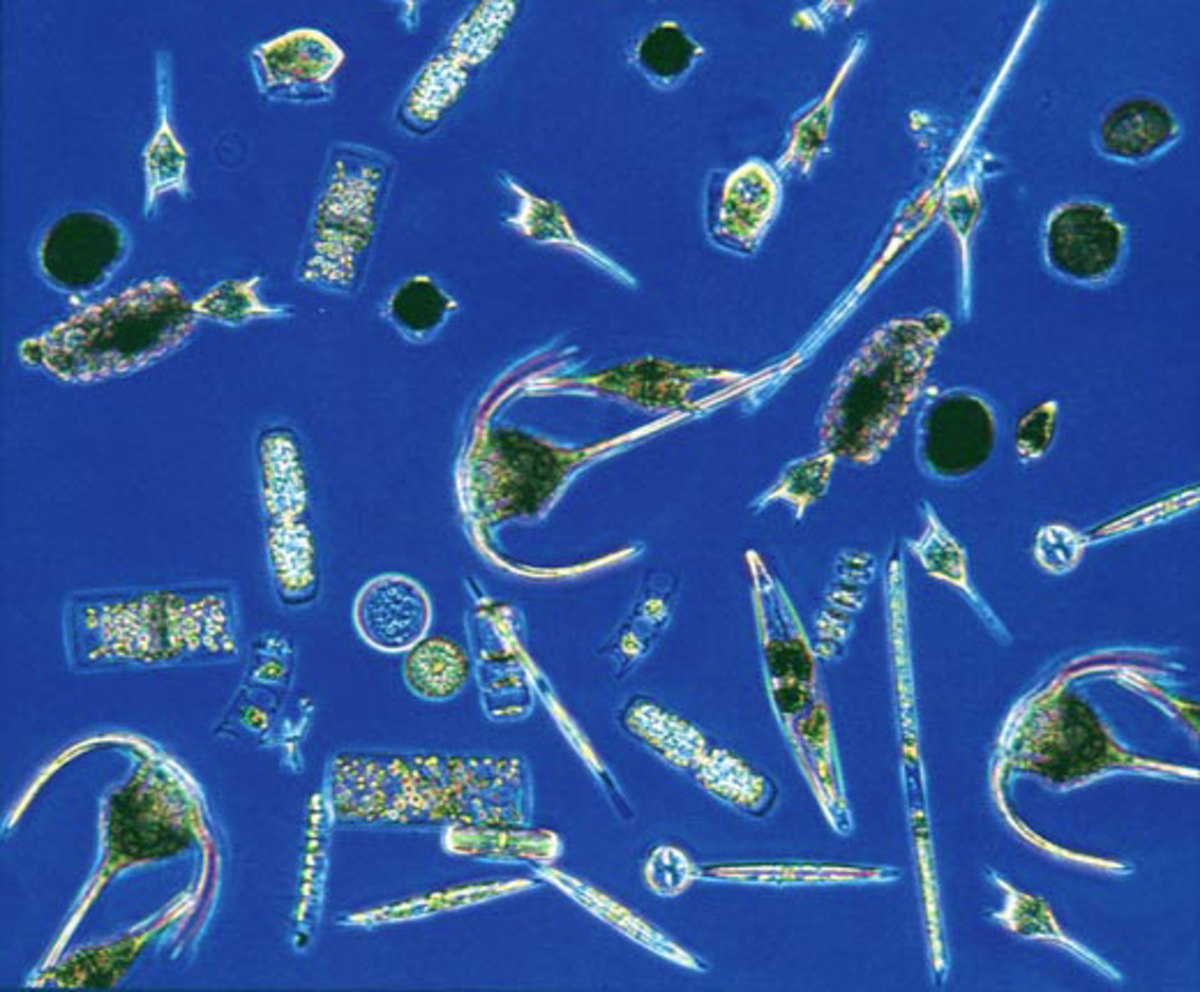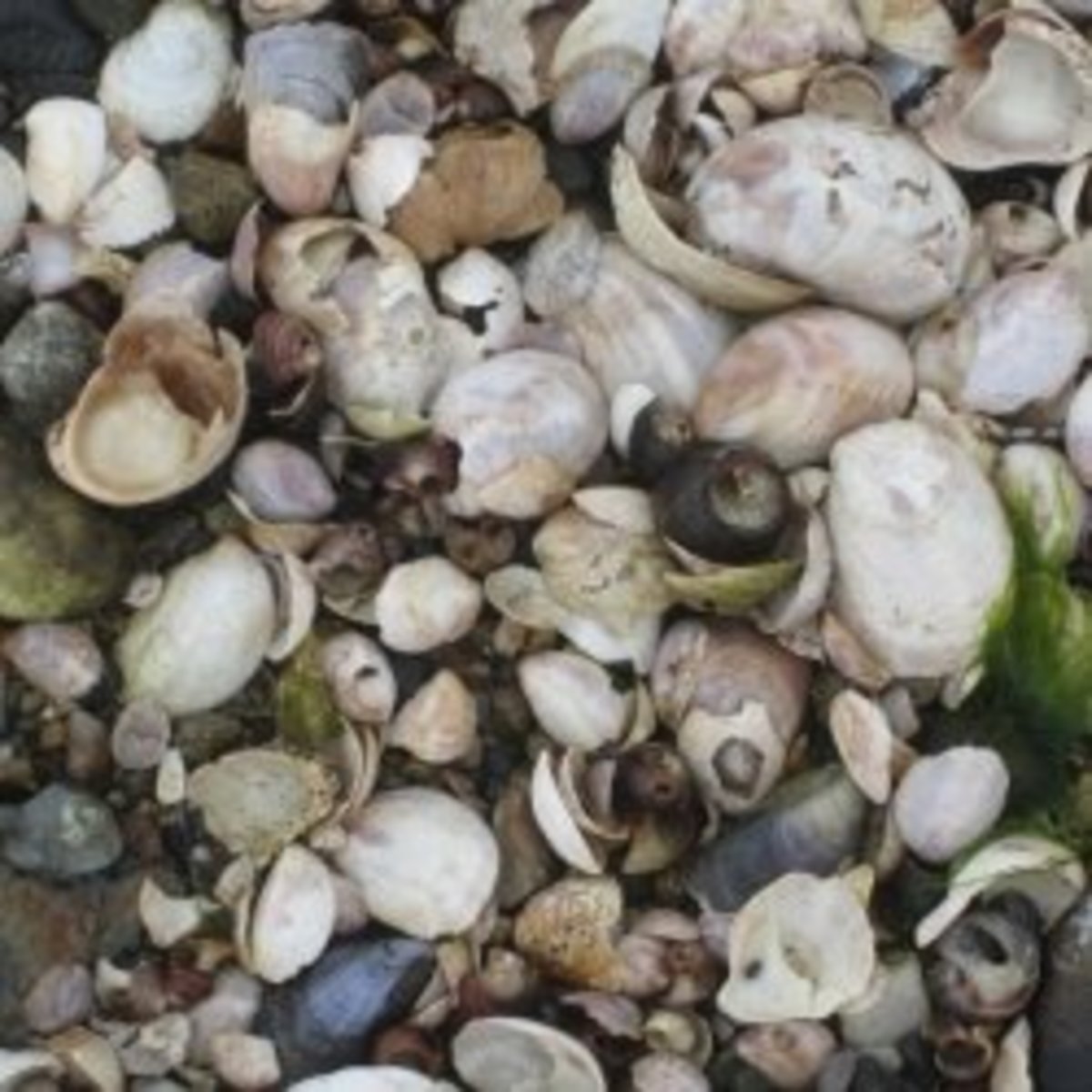Oceans Provide More Than Half of All the Oxygen On This Planet
We Are Killing Our Own Habitat Even As The Oceans And Forests Are Struggling To Give Us Life
According to National Geographic News, half of all the oxygen on this planet is produced and provided by our oceans. The other half of the oxygen we require is produced by trees, shrubs, and plants generally. That raises the question; why are so many people indifferent and apathetic to the plight of our oceans and forests?
It would seem the old adage “out of sight out of mind,” holds true. When the media moves on, so does everyone else. If the media is not showing us horrific sights everyday on the news, then that must mean everything is now back to normal and hunky dory, yes?
Will things ever return to normal?
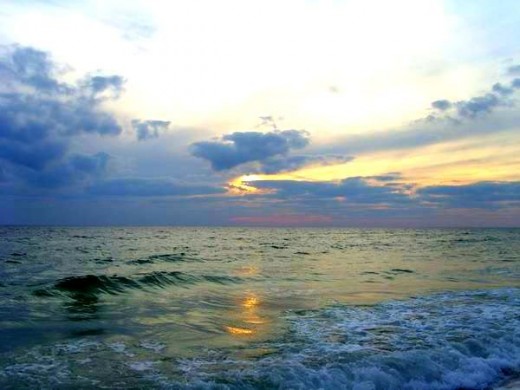
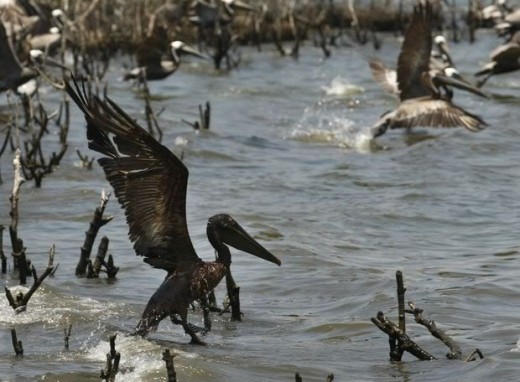

The Drama Continues But Nobody Seems To Care
According to Coastal News Today, tar balls the size of a fist are still washing up onto the beaches in the Florida Panhandle.
Craig Pittman reporting in the April 15, 2012 issue of the Tampa Bay Times reports that geologist James Kirby has determined that the oil from the Gulf Oil Spill of 2010 is still present, and still a threat to beachgoers. “Tiny globs of it [the oil], mingled with the chemical dispersant that was supposed to break it up, have settled into the shallows, mingling with the shells, he said. When Kirby shines his light across the legs of a grad student who'd been in the water and showered, it shows orange blotches where the globs still stick to his skin.”
Kirby said the dispersant speeds up the absorption by the skin, of the toxic qualities of the oil, and that he would not want anyone he cared about getting it on them.
The following video about the Louisiana marshes shows what an horrific mess still remains there 2 years after the Gulf Oil Spill of 2010, and how many of their coastal islands where many birds used to nest, have been all but destroyed by that oil spill disaster.
Louisiana Marshlands 2 Years Later

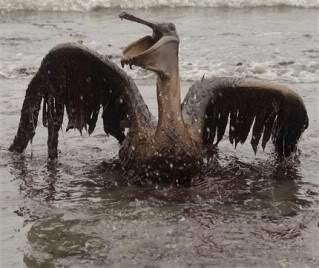

How Do The Oceans Produce One Half Of All Our Necessary Oxygen?
Phytoplankton, tiny one-celled plants that live on the surface of the ocean “use energy from the sun to convert carbon dioxide and nutrients into complex organic compounds, which form new plant material. This process, known as photosynthesis, is how phytoplankton grow.”
Individual phytoplankton (plants) are too tiny to see with the naked human eye, but observers may note a greenish color to those parts of the ocean where they are present in large numbers, due to the chlorophyll in their cells.
Phytoplankton is also what many ocean creatures feed on. Phytoplankton is basically necessary for life in different ways, to many creatures on this planet, both in and out of the water. Even people are dependent on it.
More About the Importance of Plankton
Different Kinds of Plankton
There are 3 categories of plankton, in case you may be feeling a little confused at this point. Phytoplankton is microscopic plants that live in the ocean.
Zooplankton is microscopic animals that live in the ocean.
Bacterioplankton are bacteria and archaea, which mainly have the purpose of breaking down organic material and recycling.
Often people simply refer to all of these types of plankton instead of breaking them down into specific groups. In the case of our oxygen supply, however, it is the phytoplankton (plants) in our oceans that produce half of our planet’s oxygen.
What About The Destruction Of Our Forests?
Approximately 80,000 acres of rain forest are being destroyed daily worldwide.
Between polluting and destroying our oceans and waterways, polluting and destroying our atmosphere, and destroying our forests in an effort to cover every bit of land in chemicals and concrete, how long can our damaged planet continue to survive and support us too?
Government and Big Business Never Keep Their Promises
The 2010 Gulf Oil Spill began with an explosion in the Gulf of Mexico on April 20, 2010, flowed unabated for 3 months, and continues to seep to this day. BP and our government will tell us all they have accomplished in the last 2 years, but in fact the video referenced in the second segment of this article tells the real story.
What happened to all the promises made by BP and by our government about putting everything back the way it was before the BP oil spill in 2010? Did they ever really intend to keep those promises? Not only the beaches, marshlands, and underwater habitats, but also the livelihoods of the people that were all destroyed back in 2010. Why has BP not been made to keep their promises to these people? Does anyone care?
References:
The Ledger.Com: http://www.theledger.com/article/20120415/NEWS/120419577/1410?Title=Oil-Spill-Not-Just-a-Terrible-Memory-
Huffington Post Current News on Gulf Oil Spill: http://www.huffingtonpost.com/news/bp-oil-spill/
National Geographic News: http://news.nationalgeographic.com/news/2004/06/0607_040607_phytoplankton.html


